Our products rHDPE
General information on recycled High-density polyethylene
High-density polyethylene (HDPE) is a thermoplastic polymer renowned for its excellent strength-to-density ratio. It is one of the most widely used plastics in the world. HDPE belongs to the polyethylene family, alongside low-density polyethylene (LDPE) and linear low-density polyethylene (LLDPE).
Recycled high-density polyethylene (rHDPE) is an environmentally-friendly alternative to virgin HDPE. It can be found in more and more diverse applications.
Some applications for recycled HDPE
There are several grades of rHDPE, offering a wide choice of applications. What limits the nature of rHDPE applications is the regulatory aspect.
rHDPE blow molding grade
Extrusion blow molding is used to form hollow bodies such as bottles, cans, jerrycans and IBCs. In this way, rHDPE can be used for a wide range of applications in the cosmetics industry (shampoo bottles), the chemical industry (chemical storage cans), the automotive industry (fuel tanks) and agriculture (IBC containers).
The right MFI is linked to the size of the container. Overall, the larger the container, the lower the MFI. Our rHDPE grades cover all these applications. Here are a few examples of our most common grades:
MFI 6 (190°C / 21.6 kg) for IBCs
MFI 0.3 (190°C / 2.16 kg) ≈ MFI 1.5 (190°C / 5 kg) for 0.5 to 25 L cans, for example
MFI 1-2 (190°C / 2.16 kg) for applications such as small bottles.
Several colors are available: :
- natural
- white
- black
- various
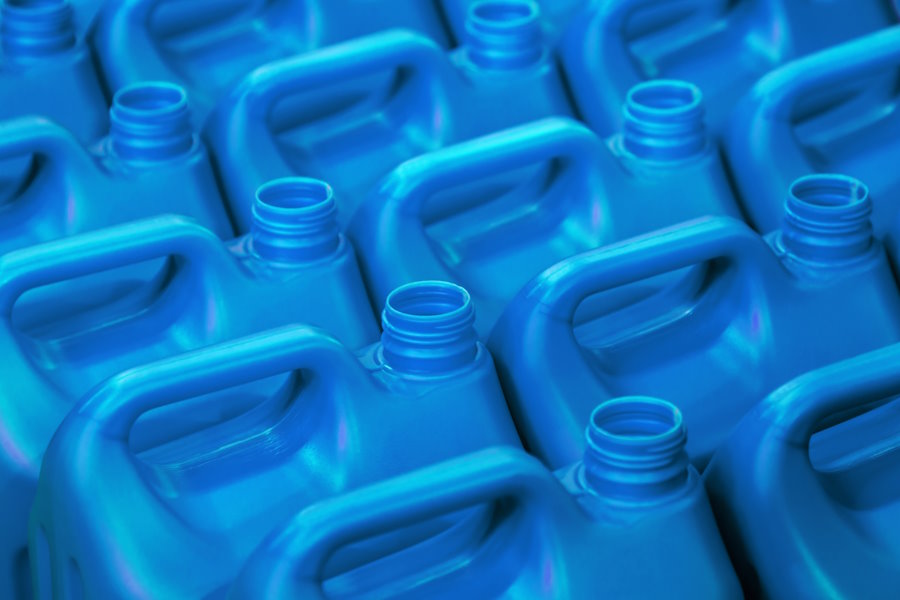
rHDPE pipe extrusion grade
rHDPE extrusion grade can also be used to make pipes. rHDPE pipe extrusion grades have an MFI between 0.1 and 1 g/10 min. As a result, pipes can be produced with variable outside diameters, depending on the application. rHDPE pipes are mainly used to transport and evacuate water for drinking water distribution, wastewater treatment or agricultural irrigation, and for gas distribution in the construction sector.
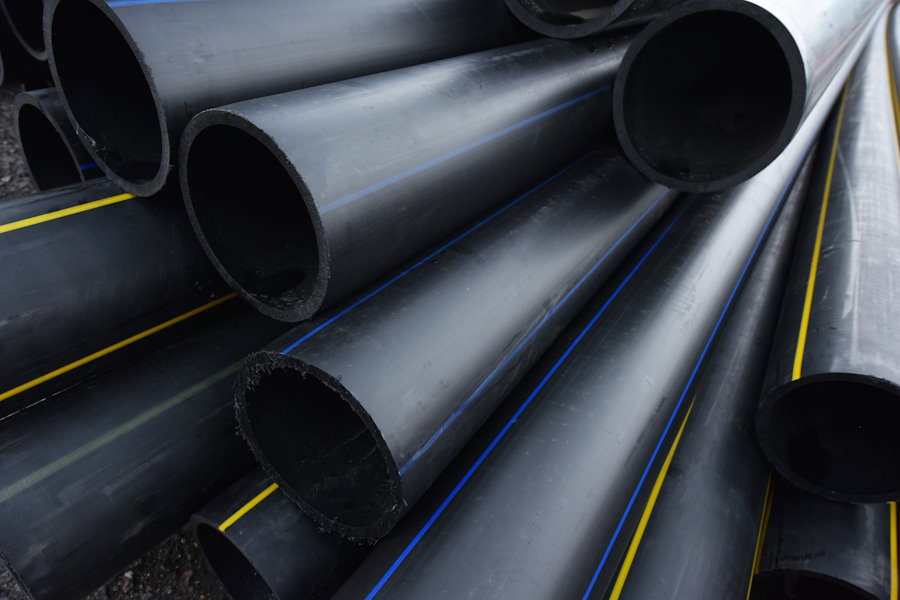
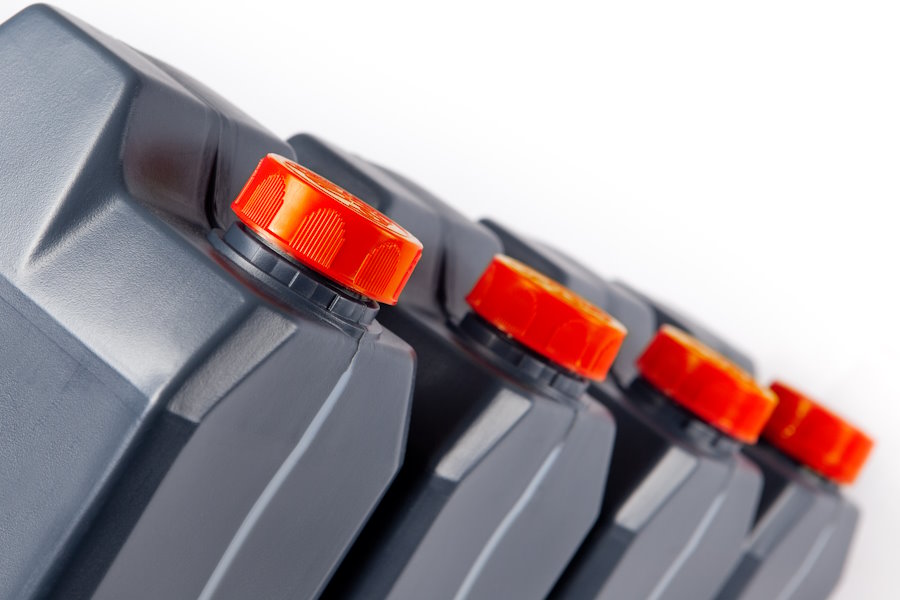
rHDPE injection molding grade
A final grade exists in the case of rPEHD: the injection grade, specified by an MFI often above 3 g/10min (190°C / 2.16 kg). This grade enables the formation of molded parts of different sizes and shapes to suit different applications. These include the manufacture of bottle caps, pump dispensers, buckets, garden furniture, etc...
HDPE regrind
Polytopoly also offers HDPE regrind in various shades.
As with rHDPE granules, our HDPE regrinds can be used for extrusion blow molding, pipe extrusion or injection molding. They can be used in a variety of applications, as described above for each grade of rHDPE granulate.
The properties and characteristics of rPEHD
A distinction is made between high-density polyethylene (HDPE) and low-density polyethylene (LDPE), depending on the degree of branching of the macromolecular chains. This implies a greater or lesser capacity for crystallization, which modifies density, rigidity and impact resistance. HDPE is therefore much stiffer than LDPE.
In the case of HDPE, these properties can be impacted by the presence of contaminants within the material after the recycling process. One of the main contaminants to be found in rHDPE is rigid PP. Although the two polymers are relatively compatible, the presence of PP will influence the rheology and mechanical properties of the resulting recycled plastic. Variable amounts of PP can therefore be expected to have varying effects on the properties and hence the overall stability of the recycled product.
At Polytopoly, we check the residual PP content of all our rHDPE batches by means of differential scanning calorimetry (DSC). Our DSC thermograms, coupled with a specific calibration, enable us to estimate PP levels in PE, guaranteeing stable properties.



Customer/supplier collaborative working methods and information about sources
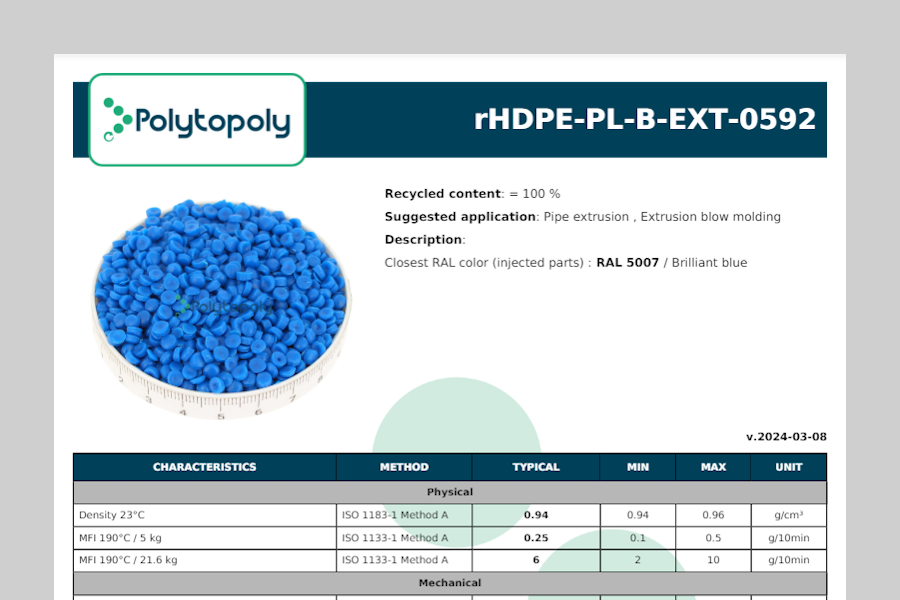
Customized characterizations to meet the challenges of each application.

Polytopoly's team of engineers works to propose solutions deemed best suited to the customer's constraints, backed up by its experience and track record in comparable applications.
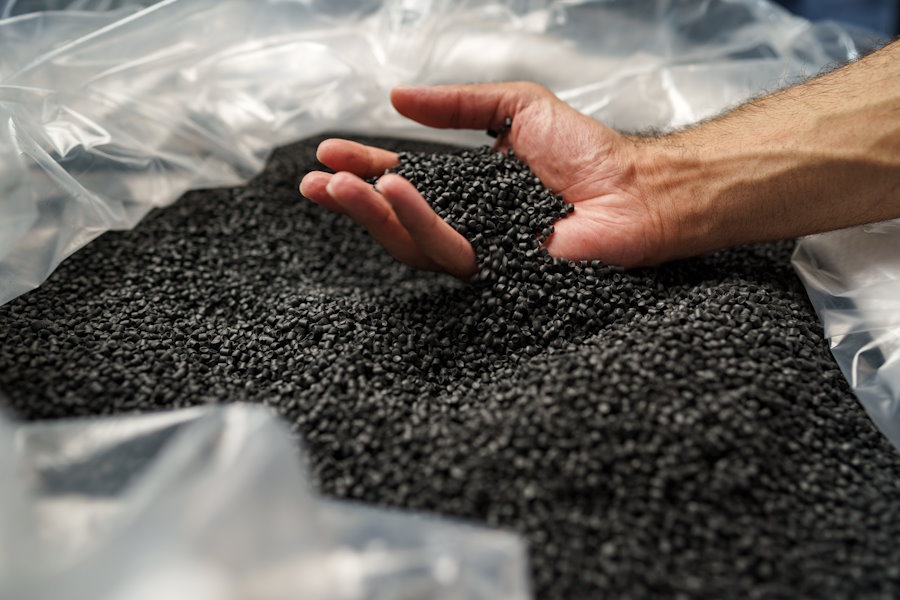
In order to assess the uses of its customers' products, Polytopoly offers reverse engineering, which gives a more detailed view of products that have already been approved.
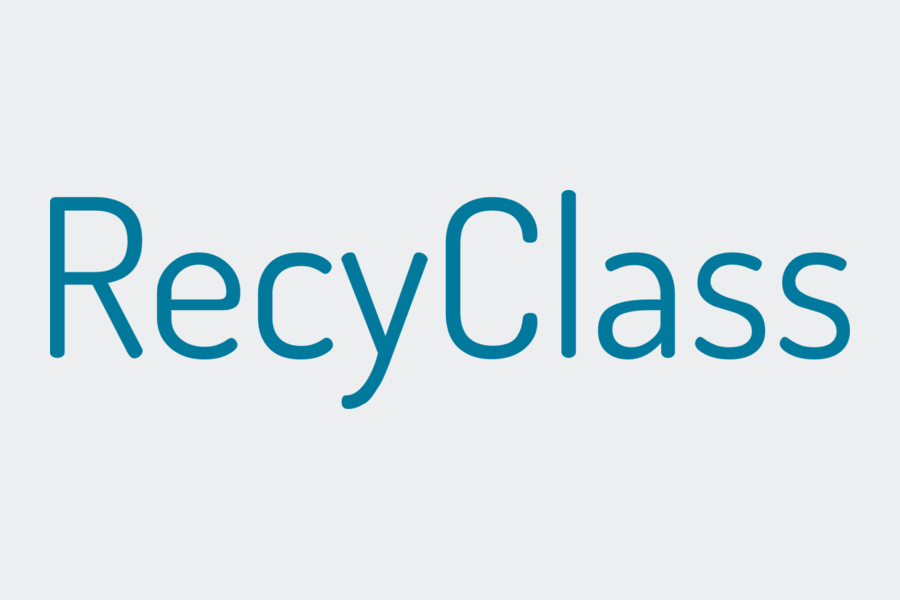
Product sources are diverse and identified for rigorous technical and regulatory traceability.